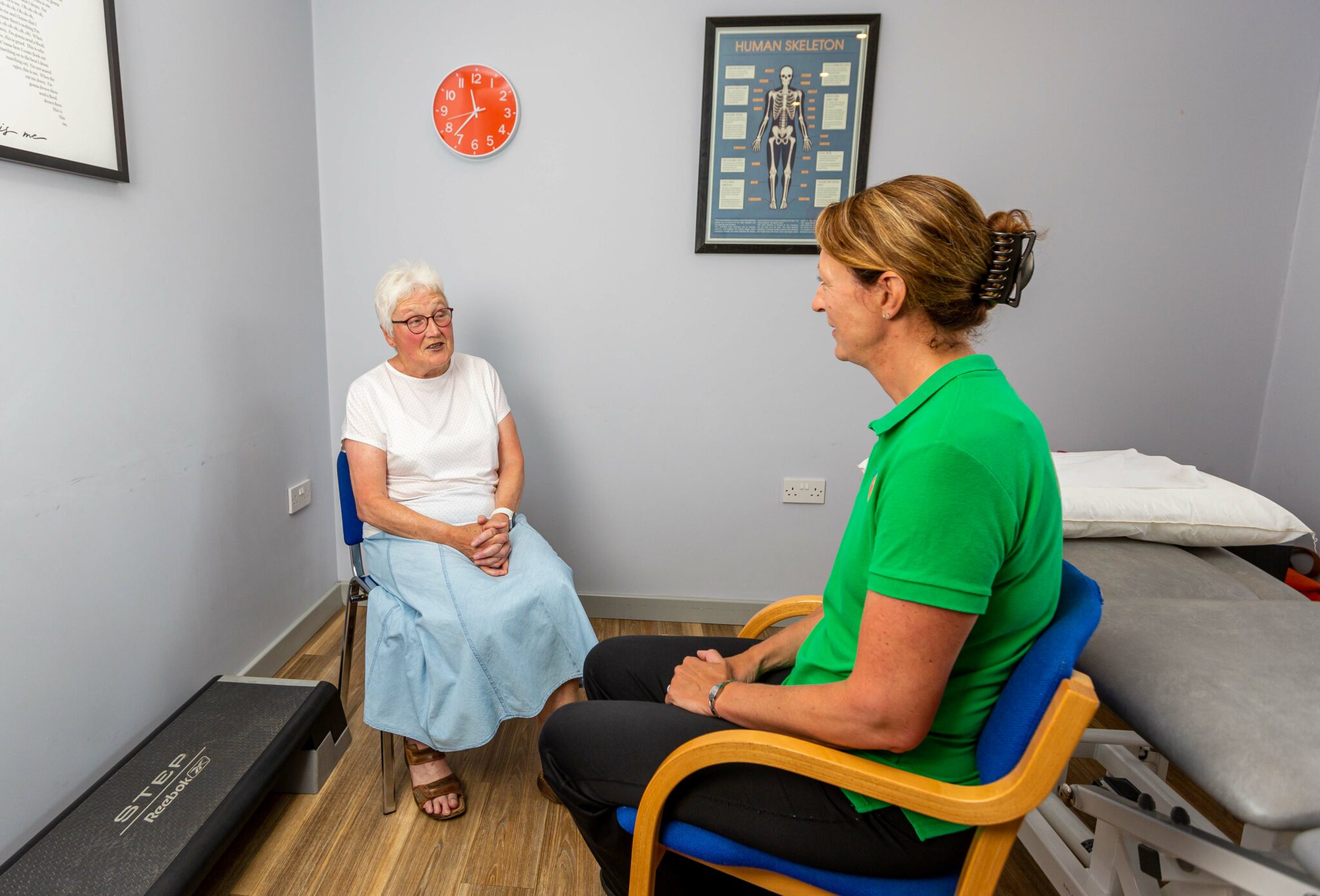The Prestons Health Team of Physiotherapists spent yesterday reviewing the latest evidence based practice for the treatment of tendon pain. Here are some points we highlighted as key for our patients to understand how to best manage tendon pain:
1. Tendon pain problems (that are not tears or ruptures) used to be called TENDONITIS. This is now considered an inaccurate term due to “itis” being the Latin for inflammation. Scientists have consistently failed to find inflammatory cells in the majority of tendon pain problems and therefore the name needed to be adjusted to reflect this. Inflammation gives the impression that tissue needs to be rested and this is not a good management strategy for poorly tendons. The name, accepted in modern medicine, has therefore now changed to TENDONOPATHY (meaning it is a disorder, not an inflammatory state). This effectively changes our thinking in how to manage tendon problems (see below).
LEARNING POINT 1: TENDONITIS IS NOW KNOWN AS TENDONOPATHY
2. The key management strategy that is scientifically evidence based is LOADING. Tendons respond to appropriate loading by remodelling and becoming healthier. Effective loading also stimulates the muscles to become stronger. Every tissue is a winner! The challenge is knowing exactly how much load (in the form of specific exercise) to apply at the appropriate time. Underdoing the amount of loaded exercise will not stimulate healing enough yet overdoing it can tip the tendon into a painful, sensitised state (which means you are less likely to want to use it again, thus making the muscle and tendon weaker again). This is where seeing a Chartered Physiotherapist, specifically trained in tendon problems, comes in. They can examine you and devise a bespoke exercise programme that enables you to take control of your problem YOURSELF by effectively exercising your tendon back to optimum health. The skill for us as Physiotherapists is educating you optimally on how to navigate the right path to recovery.
LEARNING POINT 2: TENDONOPATHY PROBLEMS NEED TO BE LOADED APPROPRIATELY WITH SPECIFIC EXERCISE TO BECOME HEALTHIER.
3. Stretching is no longer considered an appropriate treatment strategy for tendon pain problems, certainly in the early to middle stages of recovery. Tendon problems are effectively a problem associated with the tendon becoming too pliable, treatment needs to be focused on making it stiffer. Therefore, stretching the tendon would simply make it more pliable so does not make sense to do as a treatment strategy anymore.
LEARNING POINT 3: STRETCHING FOR TENDON PROBLEMS IS NOT RECOMMENDED AND AN OUTDATED CONCEPT IN TENDONOPATHY MANAGEMENT.
4. Ultrasound therapy is also considered an out of date treatment strategy for tendon problems. This is because ultrasound works by treating inflammation and, in the absence of inflammation in tendonopathy (see point 1), it is pretty pointless in this condition!
LEARNING POINT 4: ULTRASOUND THERAPY IS NOT AN EVIDENCE BASED EFFECTIVE TREATMENT STRATEGY FOR TENDON PROBLEMS.
5. Once your tendon pain has settled, it is wise to have a maintenance exercise strategy to help prevent tendon problems in the future.
LEARNING POINT 5: IT IS HELPFUL TO CONTINUE TO STRENGTHEN THE MUSCLES THAT INSERT INTO TENDON WELL AFTER THE TENDON STOPS GIVING YOU PAIN. A MAINTENANCE PROGRAMME GIVEN BY A CHARTERED PHYSIOTHERAPIST CAN ACHIEVE THIS.
Example of tendon problems included in these treatment strategy recommendations include (but not exclusively) are:
Achilles Tendon
Plantar fascia and ITB (the plantar fascia and ITB effectively act as tendons)
Tibialis posterior (foot/ankle) tendon
Patellar (knee) tendon
Proximal hamstring tendon
Lateral (side) of hip tendon
Rotator cuff (shoulder) tendons
Medial and Lateral epicondyle (golfers and tennis elbow) tendon problems
The key message from us, at Prestons Health, is that it is never too late (or too early!) to seek advice regarding tendon problems. We are experts in giving second (and first!) opinions about tendon problems and specialise in giving bespoke treatment strategy solutions to improve the health, pain and function of your tendons. There is NOT a one size all approach on how to treat tendons. Because the main focus of our treatment of tendon problems centres on advice and education regarding appropriate exercise, the number of sessions we require to treat is often minimised to significantly less than other therapies.
To speak to one of our Chartered Physiotherapists specialised in the treatment of tendons, please call the clinic on 01733 565911.
01733 565911
admin@prestonshealth.co.uk





Recent Comments